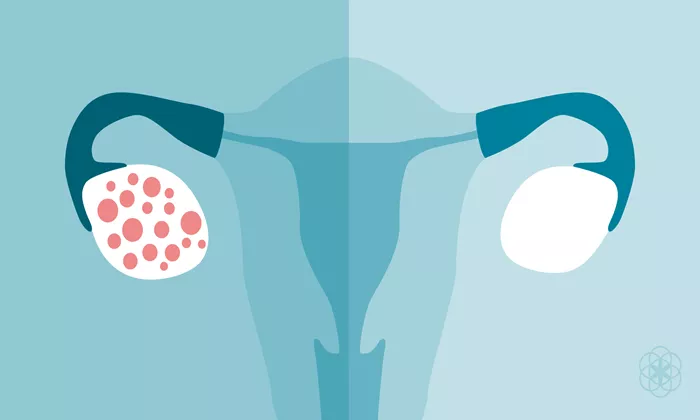Polycystic Ovary Syndrome (PCOS) is a common endocrine disorder that affects approximately 10-13% of women of reproductive age. This condition can lead to a variety of complications, including menstrual irregularities, infertility, excessive body hair growth, and an increased risk of cardiometabolic issues like diabetes and obesity.
Recent findings from the Monash Centre for Health Research and Implementation (MCHRI) underscore the critical need for improved management strategies for individuals with PCOS. The comprehensive review analyzed 68 relevant research studies focusing on the role of diet and physical activity in managing PCOS symptoms.
The researchers identified a significant gap in professional education regarding PCOS and lifestyle management among healthcare providers, which negatively impacts the quality of care and overall health outcomes for patients. There is a consensus among healthcare professionals that enhanced training is essential to address these deficiencies.
One of the key issues highlighted in the study is the pervasive weight stigma faced by individuals with PCOS, regardless of their body size. This stigma detrimentally affects the quality of care and contributes to poor self-image and mental health challenges among patients. Many individuals reported feeling that lifestyle management strategies were disproportionately focused on weight loss and fertility, often neglecting their personal motivations and health goals.
The study advocates for systemic changes, including improved education for healthcare professionals about lifestyle management, and emphasizes the necessity of interdisciplinary collaboration among medical practitioners. Joint senior author and leader of MCHRI’s Healthy Lifestyle Program, Associate Professor Lisa Moran, emphasized that care should prioritize personalized lifestyle advice that aligns with the individual needs of patients rather than a one-size-fits-all approach focused solely on weight loss.
Moran stated, “Lifestyle advice delivered by a multidisciplinary team, including dietitians, is vital for fostering meaningful change.” The review found consensus among participants that tailored, PCOS-specific lifestyle guidance is essential for effective management.
First author Margaret McGowan, an Accredited Practicing Dietitian (APD) and PhD candidate at MCHRI, pointed out that weight stigma poses a barrier to accessing adequate PCOS care. She explained that individuals in different body sizes experience this stigma in varied ways. “Those in smaller bodies are often unjustly perceived as ‘healthy’ and may be denied appropriate lifestyle management for PCOS, while those in larger bodies often receive care fixated on weight loss, overshadowing other critical health concerns,” she noted.
Dr. Steph Cowan, another joint senior author from MCHRI, reiterated the need for enhanced training focused on patient-centered care. “Practice must evolve to include options for weight-neutral care where appropriate. If patients express a desire for weight loss, they should receive support from healthcare professionals who are adequately trained in this area,” Dr. Cowan stated.
Overall, this study highlights the urgent need for improved educational resources and management strategies to address the complexities of PCOS, ultimately aiming to enhance the health outcomes and quality of life for those affected by this condition.
Read more
- The Drugs for PCOS: Managing Symptoms & Improving Quality of Life
- Finding the Best Birth Control for PCOS Management
- 10 Symptoms of Polycystic Ovary Syndrome (PCOS)


